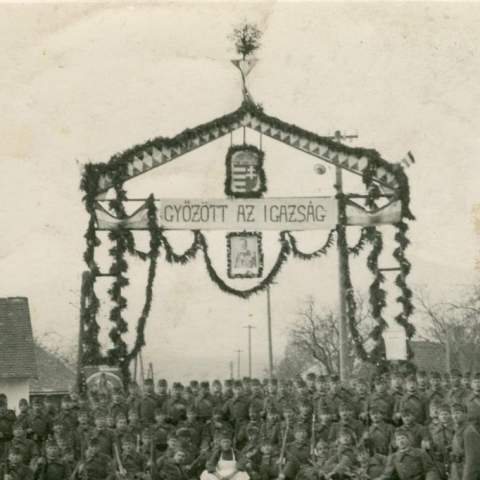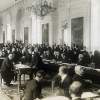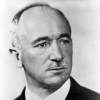
The Treaty of Trianon had a profound impact on Hungarians, both within the territorially diminished Hungary and in regions beyond its borders. Not only did Hungary lose a significant portion of its population, but it also forfeited vital resources such as raw material deposits, agricultural lands, factories, railway lines, and institutions. This resulted in considerable economic weakening for the country. Furthermore, the redrawn borders displaced Hungarians without their consultation, leaving them minorities in countries to which they had little or no historical ties, overnight transitioning from majority to minority status.
Comparatively, Czechoslovakia at the time could be characterized as a democratic state, and this to some extent reflected the situation of Hungarians living within its borders. While Hungarian communities in (Czecho)Slovakia were allowed to establish political parties, cultivate their culture, use their mother tongue, and pursue primary and secondary education in Hungarian, the Czechoslovak state made minimal efforts to foster a sense of belonging among them. They were often viewed as unreliable, did not benefit adequately from land distribution, faced restrictions on celebrating their national holidays, were barred from attending Hungarian universities, and had limited access to public sector employment. Consequently, it is unsurprising that many Hungarians living in Czechoslovakia harboured a desire to return to Hungary.
Following the signing of the Trianon treaty, there emerged among Hungarians a demand for revision, seeking to amend the peace treaty and regain lost territories. This aspiration gradually materialized before and during the Second World War. However, the Hungarians paid a high price for their revisionist efforts, as their endeavours were bolstered by Adolf Hitler's support. Consequently, Hungary aligned itself with Germany, finding itself unable to extricate from this alliance.
As for Hungarians residing in Czechoslovakia, the first Vienna award on November 2, 1938, saw the return of the southern part of Czechoslovakia to Hungary. This was received with great joy by the Hungarian population living in the area. Nevertheless, for many, the reality of what awaited them in Hungary proved disappointing. With Czechoslovakia's dissolution during the Second World War, the emergence of the "independent" Slovak State as a puppet of Hitler meant that Hungarians from Slovakia remained under the fascist dictatorship of Jozef Tiso, albeit in smaller numbers.

